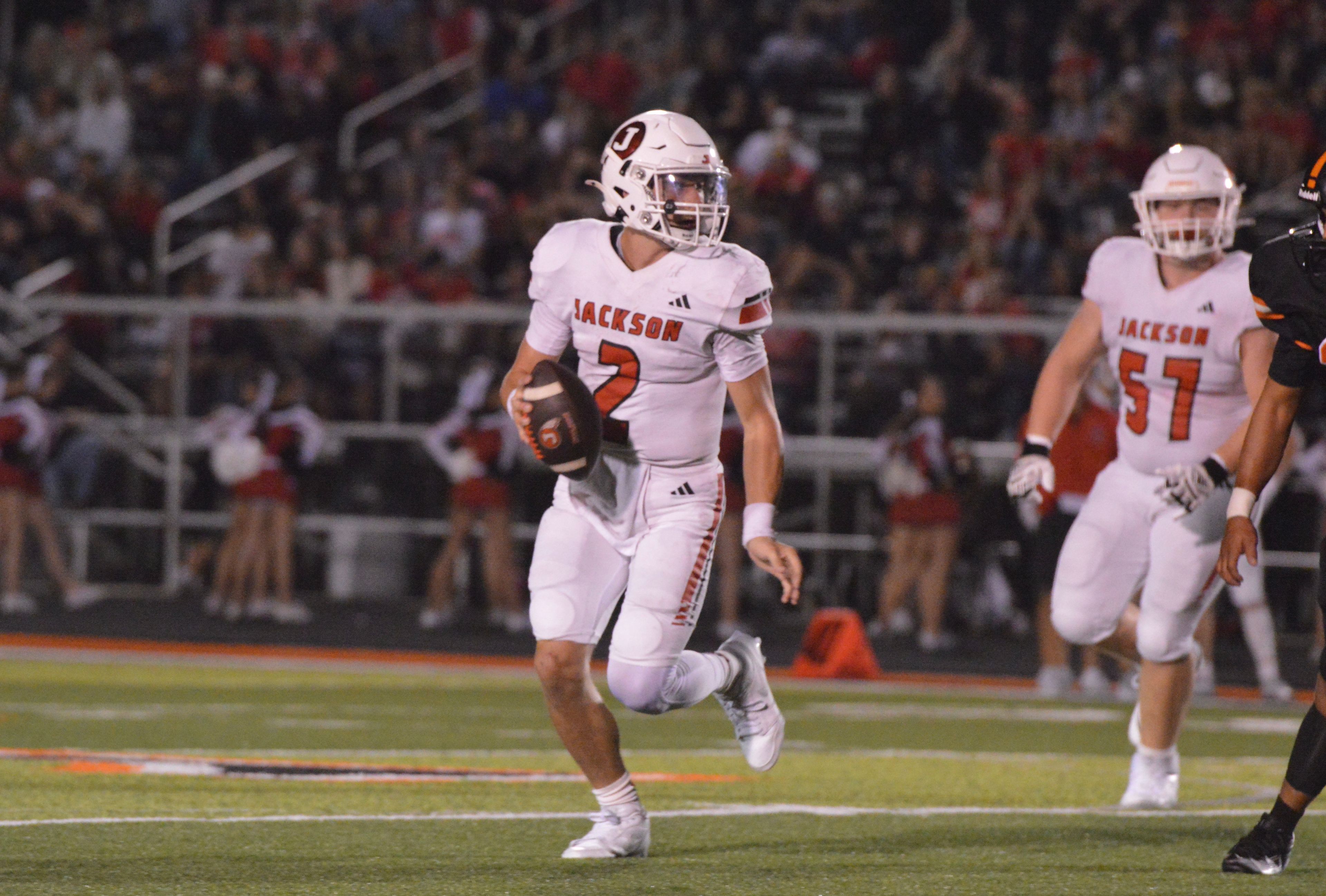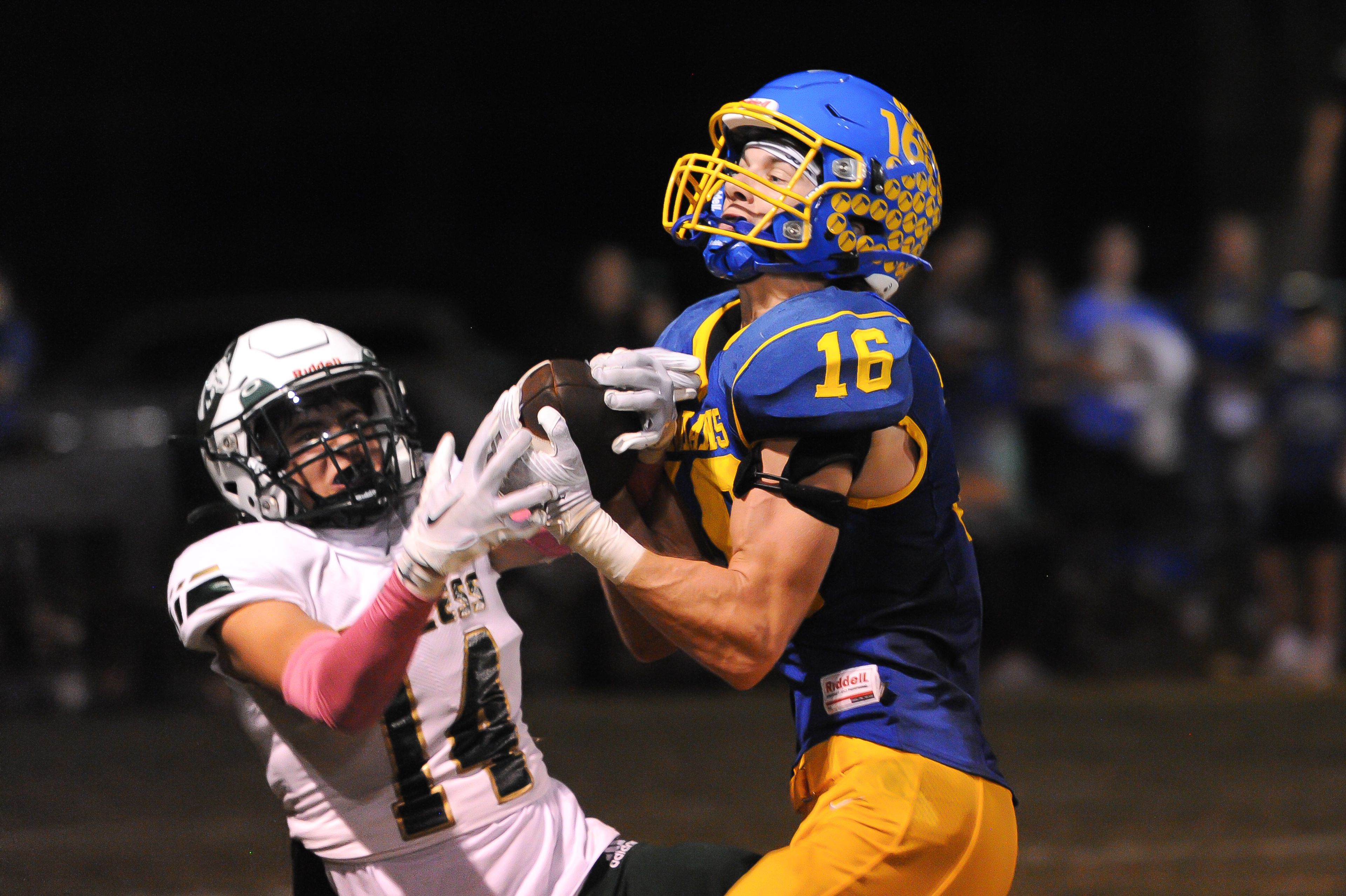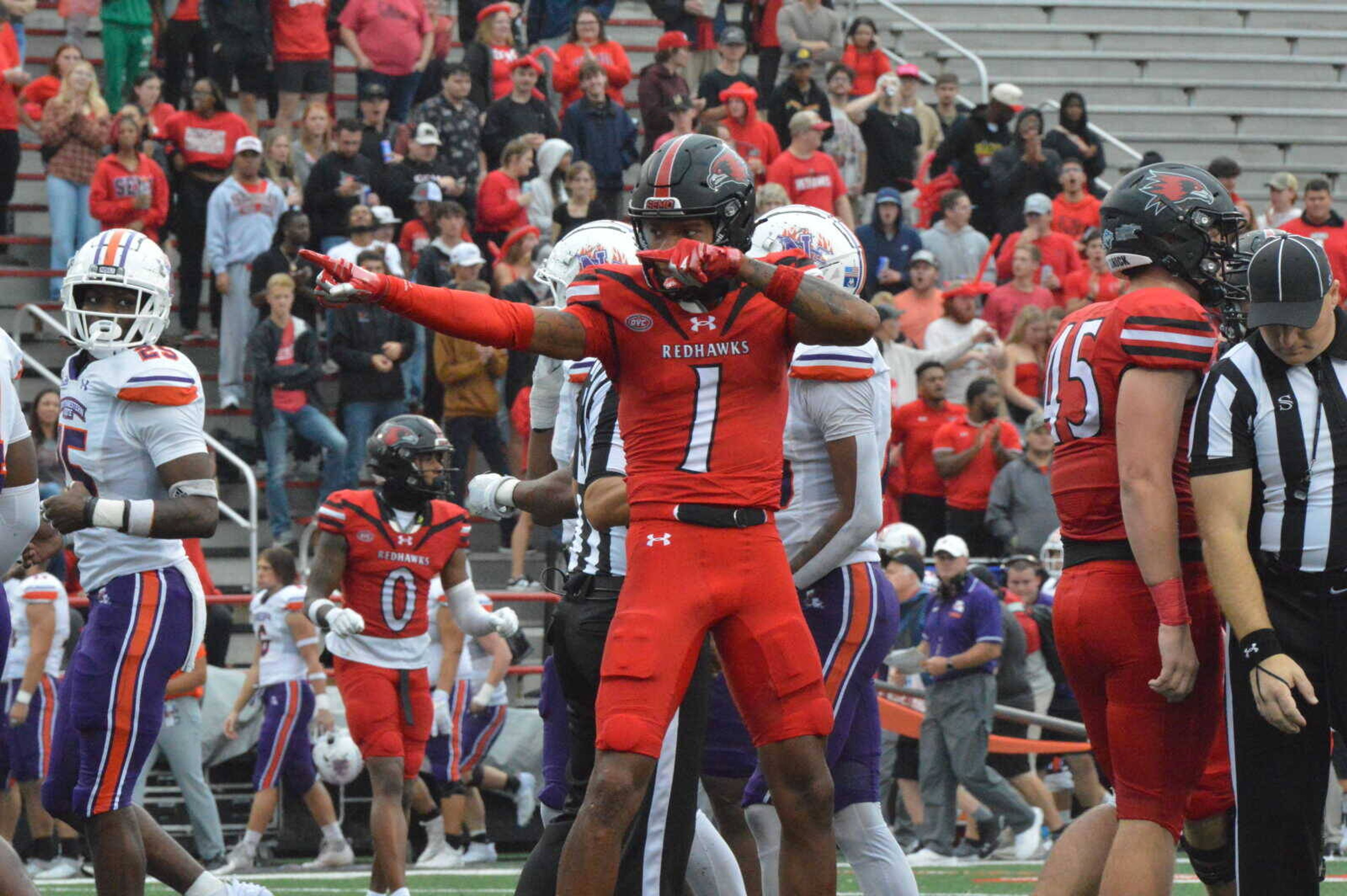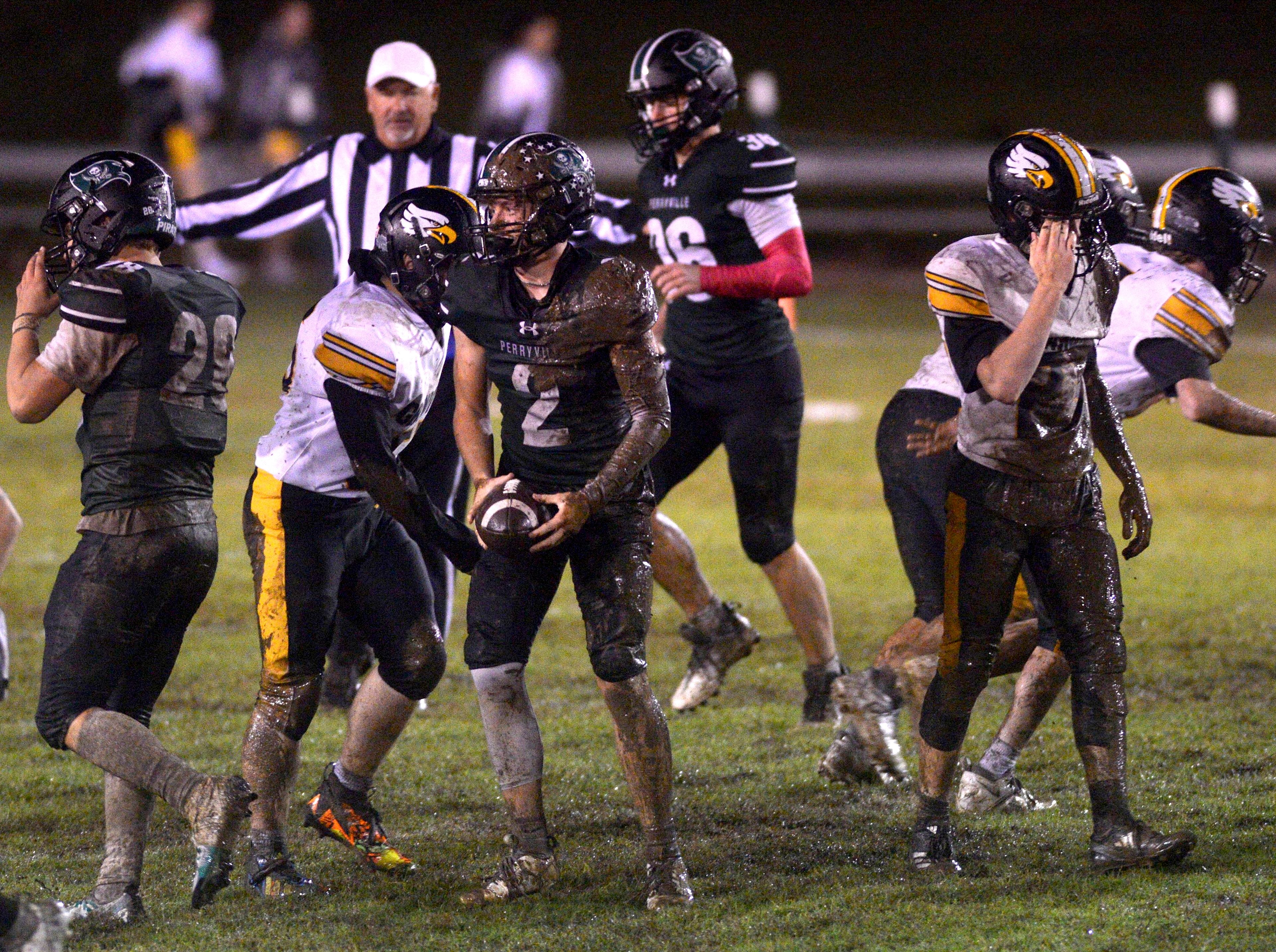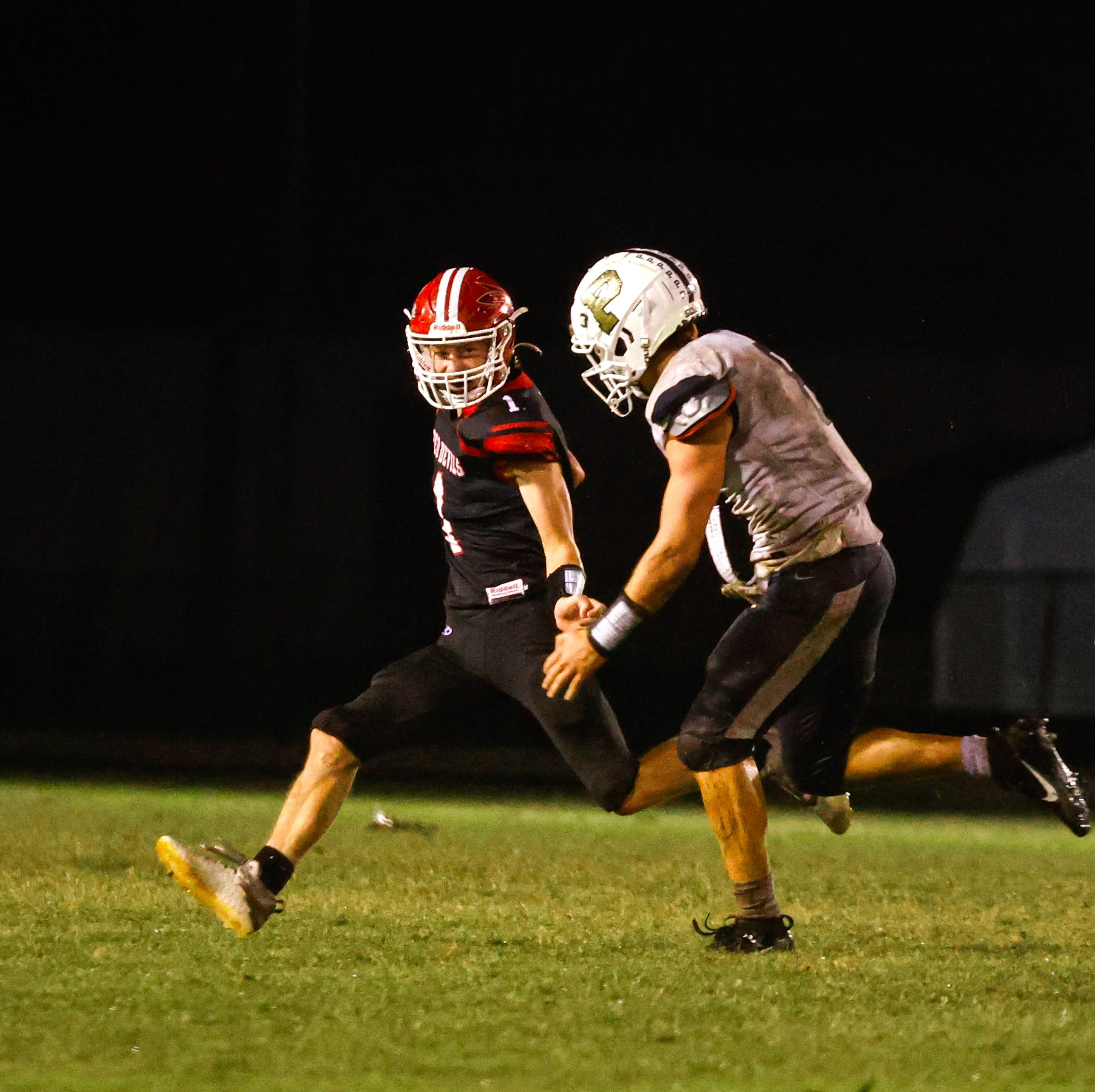ST. LOUIS -- Facing pressure from a competing bid across the Mississippi River in Illinois, Mayor Francis Slay unveiled details Friday of a plan to privately finance a new downtown ballpark for the Cardinals baseball team.
Still incomplete and subject to continuing negotiation, the plan centers on a reduction in the city's ticket tax and the participation of an outside investor, which would build and own the stadium and then lease it to the Cardinals.
"We have been working on this for many months," Slay said. "The Cardinals are interested. They are very interested in pursuing this option and the way we're heading. But certainly, it's not a completely done deal."
Cardinals president Mark Lamping called the proposal an "intriguing, interesting step forward," but added nothing happened Friday to stop the club from continuing to refine an alternative in Illinois. Earlier this week, Lamping said he and Illinois Gov. George Ryan are close to completing a draft agreement on public financing for an Illinois ballpark.
"I see what's happening in Illinois as a very legitimate and viable 1-A," Lamping said. "If we can build it in downtown St. Louis, we're going to build it in downtown St. Louis. The move to Illinois would come about when we conclude we can't build it in downtown St. Louis."
If the new deal goes through, it would be just the second privately developed stadium in baseball since Dodger Stadium opened in 1962. The other, Pac Bell Park in San Francisco, opened in 2000.
Consideration of privately financing a new stadium began earlier this year, after a city, county and state partnership that would have contributed $200 million in public money to a $346 million stadium project fell apart. That deal died when state lawmakers failed to take a vote on their share of the public financing.
The accounting firm KPMG and Morgan Stanley Dean Witter are involved in ongoing discussions with the team and the city on how to structure a privately financed stadium development, along with Washington D.C.-based Property Funding Group.
"It appeared that there was a lot of public sentiment to find a way to keep the Cardinals in town and a lot of political will to do that," said Rick Gross, the president of Property Funding Group. "We believe we offer a service that supplants the need for public funding of these kinds of facilities."
Gross said a private, outside investor would own the new stadium, and charge the Cardinals enough rent to cover the costs of financing its construction.
Slay said Friday that Stamford, Conn.-based Pitney Bowes Inc. has expressed a strong interest in becoming that outside investor, but Gross cautioned the company has in no way committed to the project. Once the deal is structured, Gross said, his firm will then find the right investor.
"We have no doubt this is an attractive project for a similarly situated investor," Gross said.
A spokesman for Pitney Bowes declined to answer questions about Slay's announcement, saying only, "We have been approached by Property Funding Group to get involved in several financing opportunities. Pitney Bowes has not moved forward on any of those opportunities."
The city's involvement, in addition to that of facilitator, is primarily limited to a reduction of its 5 percent amusement tax on ticket sales. If approved by the city's Board of Aldermen, the reduction would apply to all three professional sports franchises in St. Louis and be based on the amount of private investment in their facilities.
For example, if private investment in the new stadium exceeds $250 million, the Cardinals would not pay any amusement tax on ticket sales, said Jeff Rainford, Slay's chief of staff. Legislation to approve the reduction will be introduced to the Board of Aldermen next week and could take up to a month to pass.
The Rams, who play in the state-built Edward Jones Dome, have said they'd support such an unequal tax structure, if it meant keeping the Cardinals downtown. Blues president Mark Sauer, who has long complained about the tax, was traveling this week and declined to comment until he could talk with Slay.
Slay said the Cardinals would also need to redevelop a two-block area near the new stadium for commercial, residential and retail use -- a smaller version of the $300 million "Ballpark Village" that was part of the publicly funded stadium plan that failed earlier this year.
Other city requirements include guaranteeing payments to the city's school district equal to the current level tax revenue they receive from the stadium and setting aside 6,000 seats in the new facility to be sold for no more than $12.
While applauding Slay's effort to reduce the ticket tax, Lamping said other obstacles remain before the team could proceed with a private financing. Pac Bell included $80 million of publicly funded infrastructure improvements and the creation of a tax-increment financing district, as well as the sale of personal seat licensees.
Rainford said the city would seek assistance from the state on meeting infrastructure costs, as well offering the Cardinals the same business incentives offered to any other business.
Missouri Gov. Bob Holden has stressed in recent days his desire to offer whatever assistance he can to help keep the team in St. Louis, and state economic development officials said this week that could include tax credits, the use of a tax-increment financing district and some infrastructure funding.
However, it's clear the Cardinals would receive a better deal financially by moving to Illinois. Any tax revenue created by the Cardinals, their employees and fans in Illinois would be new money that's not needed to support existing government services, and therefore free to help build the team a new place to play.
"In Illinois, it's win-win for us," state Sen. Frank Watson, R-Greenville, said.
Connect with the Southeast Missourian Newsroom:
For corrections to this story or other insights for the editor, click here. To submit a letter to the editor, click here. To learn about the Southeast Missourian’s AI Policy, click here.
